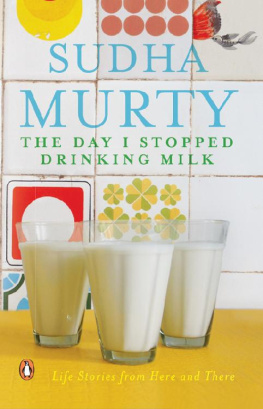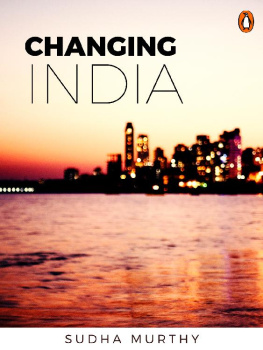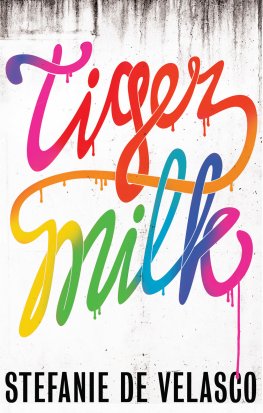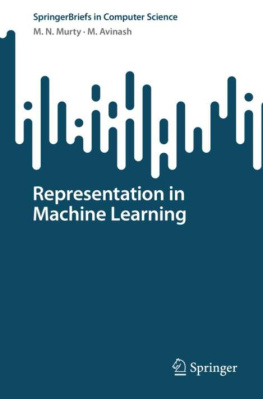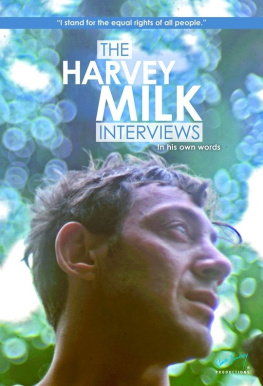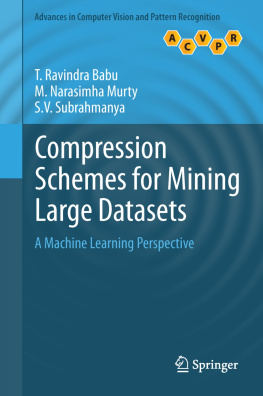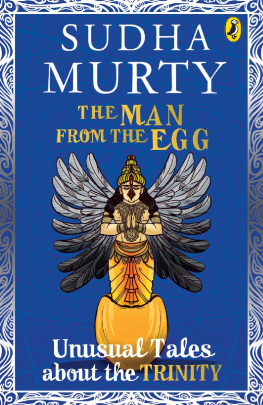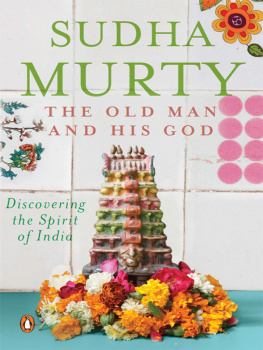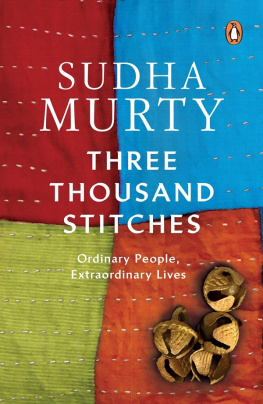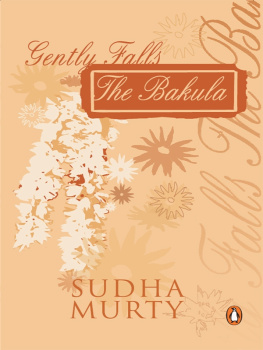SUDHA MURTY
The Day I Stopped Drinking Milk
Life Stories from Here and There
Contents
PENGUIN BOOKS
THE DAY I STOPPED DRINKING MILK
Sudha Murty was born in 1950 in Shiggaon in north Karnataka. She did her MTech in computer science, and is now the chairperson of the Infosys Foundation. A prolific writer in English and Kannada, she has written novels, technical books, travelogues, collections of short stories and non-fiction pieces and four books for children.
Her books have been translated into all major Indian languages and have sold over four lakh copies around the country. She was the recipient of the R.K. Narayan Award for Literature and the Padma Shri in 2006 and the Attimabbe Award from the government of Karnataka for excellence in Kannada literature in 2011.
Also by the same author
Fiction
Dollar Bahu
Mahashweta
Gently Falls the Bakula
Non-fiction
Wise & Otherwise
The Old Man and His God
Childrens
How I Taught My Grandmother to Read and Other Stories
The Magic Drum and Other Favourite Stories
The Bird with Golden Wings: Stories of Wit and Magic
Grandmas Bag of Stories
To Lakshmi, my new daughter
and Rishi, my new son
Preface
One may wonder why I am writing about the personal lives of many people who have confided in me about their problems. Isnt it unethical to do so? However, most of the people I have written about requested me to change their names and use their problems as case studies. Some like Vishnu and Portado encouraged me to tell their stories so that others should not become like them. I thank all these people wholeheartedly and am grateful for their strength and kindness that has allowed me to share their stories with you.
This is my fourth book of recollections of my experiences as a teacher, a writer and a social worker. I want to thank my new editor, Shrutkeerti Khurana, whose hard work has made an immense difference to this book. Her constant interaction with me made me think of some stories in a different way and also helped me look at things from a youngsters point of view.
I would also like to thank Udayan Mitra of Penguin Books for convincing me to bring out a new volume of my stories and thoughts.
S UDHA M URTY
Bombay to Bangalore
It was the beginning of summer. I was boarding Udyan Express at Gulbarga railway station. My destination was Bangalore. As I boarded the train, I saw that the second-class compartment was jam-packed with people. Though the compartment was reserved, there were many unauthorized people in it. This side of Karnataka is popularly known as Hyderabad Karnataka since the Nizam of Hyderabad once ruled this area. There is scarcity of water here, which makes the land dry, and the farmers cannot grow anything during summer. Hence, many poor farmers and landless labourers from Hyderabad Karnataka immigrate to Bangalore and other big cities during the summer for jobs in construction. They return to their homes in the rainy season to cultivate their lands. This was April, so the train compartment was particularly crowded.
I sat down and was pushed to the corner of the berth. Though it was meant for three people, there were already six of us sitting on it. I looked around and saw students who were eager to come to Bangalore and explore different options to enhance their careers. There were merchants who were talking about what goods to order from Bangalore. Some government officers, though, were criticizing Gulbarga. What a place! Staying here is impossible because of the heat. No wonder people call this a punishment transfer!
The ticket collector came in and started checking peoples tickets and reservations. It was difficult to guess who had a ticket and who had a reservation. Some people had tickets but no reservation. This was an overnight train and people needed sleeper berths, but they were limited in number. People who did not have a reserved berth were begging the ticket collector to accommodate them somehow. It was next to impossible for him to listen to everyone.
With his eagle eye, he easily located people who did not have a ticket. People without tickets were pleading, Sir, the previous train was cancelled. We had a reservation on that train. It is not our fault. We dont want to pay for this ticket again. Some were begging him, Sir, I was late to the station and there was a big queue. I didnt have time to buy a ticket. So, I got into this compartment. The collector must have read the Bhagavad Gita thoroughly; he remained calm while listening to their stories and kept issuing new tickets for ticketless passengers.
Suddenly, he looked in my direction and asked, What about your ticket?
I have already shown my ticket to you, I said.
Not you, madam, the girl hiding below your berth. Hey, come out, where is your ticket?
I realized that someone was sitting below my berth. When the collector yelled at her, the girl came out of hiding. She was thin, dark, scared and looked like she had been crying profusely. She must have been about thirteen or fourteen years old. She had uncombed hair and was dressed in a torn skirt and blouse. She was trembling and folded both her hands.
The collector asked again, Who are you? From which station did you get on? Where are you going? I can issue a full ticket for you with a fine.
The girl did not reply. The collector was getting very angry since he had been dealing with countless ticketless passengers. He took out his anger on this little girl. I know all you runaways, he shouted. You take a free ride in trains and cause tremendous problems. You neither reply to my questions nor pay for your ticket. I have to answer to my bosses
The girl still did not say anything. The people around the girl were not bothered at all and went about their business. Some were counting the money for their ticket and some were getting ready to get down at Wadi Junction, the next stop. People on the top berth were preparing to sleep and others were busy with their dinner. This was something unusual for me, because I had never seen such a situation in my vast experience of social work.
The girl stood quietly as if she had not heard anything. The collector caught hold of her arms and told her to get down at the next station. I will hand you over to the police myself. They will put you in an orphanage, he said. It is not my headache. Get down at Wadi.
The girl did not move. The collector started forcibly pulling her out from the compartment. Suddenly, I had a strange feeling. I stood up and called out to the collector. Sir, I will pay for her ticket, I said. It is getting dark. I dont want a young girl on the platform at this time.
The collector raised his eyebrows and looked at me. He smiled and said, Madam, it is very kind of you to offer to buy her a ticket. But I have seen many children like her. They get in at one station, then get off at the next and board another train. They beg or travel to their destination without a ticket. This is not an exceptional case. Why do you want to waste your money? She will not travel even with a ticket. She may leave if you just give her some money.
I looked out of the compartment. The train was approaching Wadi Junction and the platform lights were bright. Vendors of tea, juice and food were running towards the train. It was dark. My heart did not accept the collectors adviceand I always listen to my heart. What the collector said might be true but what would I losejust a few hundred rupees?



